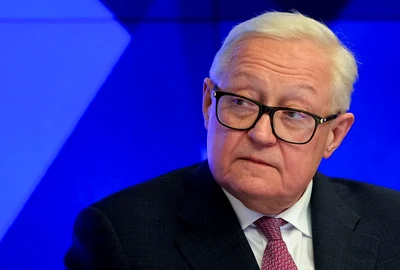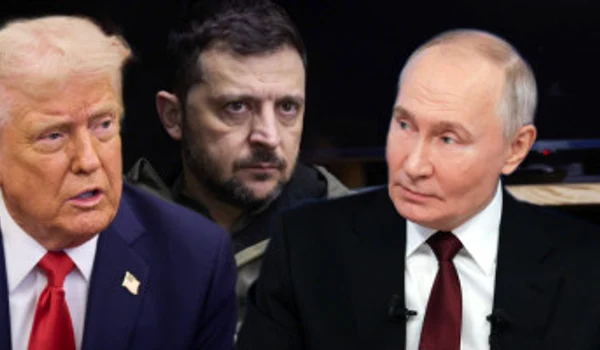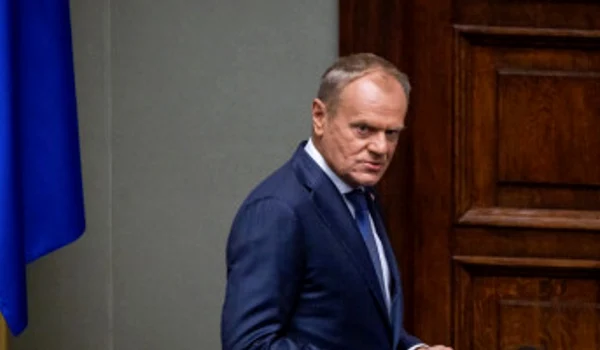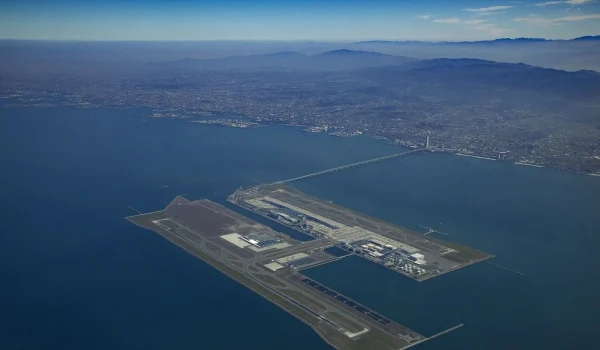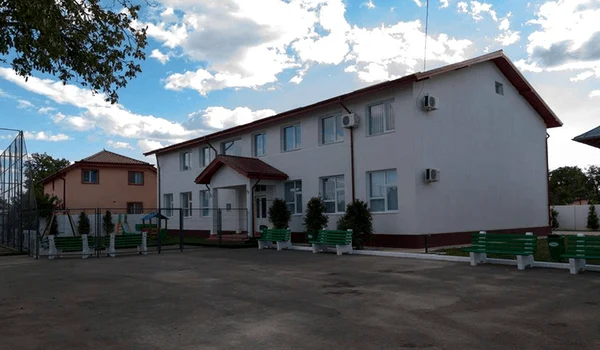
Trei şuturi pe sub masa selectă a aliaţilor din NATO
0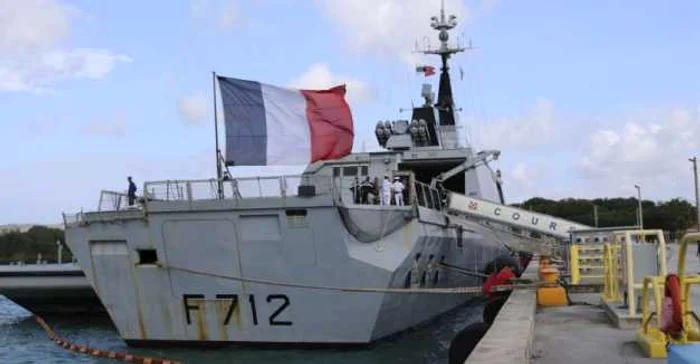
O situaţie mai puţin obişnuită şi care transmite un oarecare semnal neliniştitor: tensiunile dintre unii membri ai Alianţei par a fi mari încât tind să se cronicizeze şi să devină o vulnerabilitate serioasă.
Prima dintre ele, cu semnificaţii extrem de grave, este decizia Franţei de a se retrage din misiunea NATO Sea Guardian în Mediterană, destinată să împiedice traficul foarte intens de arme către facţiunile rivale din Libia. Vă readuc aminte că motivul invocat este incidentul din 10 iunie în care fregata franceză Courbet (foto sus) aflată în dispozitivul oficial al misiunii MARCOM NATO a fost „fixată“ de instalaţia radar de conducere a focului a uneia dintre cele trei fregate turceşti aflate în zonă, asta însemnând iminenţa deschiderii focului în cazul în care francezii şi-ar fi continuat intenţia de a inspecta cargoul turcesc Cirkin, o navă declarată suspectă de către conducerea operaţională a misiunii NATO.
Povestea este chiar uşor mai complicată deoarece, cu puţin timp înainte, o navă grecească, HS Spetsai, parte a misiunii IRINI organizată de UE pentru impunerea embargoului pe arme decis de ONU, încercase şi ea să se apropie de cargoul respectiv, rapid descurajată de prezenţa unei fregate turceşti. Şi în acest caz, ca şi atunci când au intrat în contact cu fregata franceză, navele de luptă turceşti au folosit codurile de identificare NATO, lucru care nu ar fi fost permis decât atunci când nu ar fi participat la o misiune comună a Alianţei.
Lucrurile evoluează rapid înspre un real conflict diplomatic între Franţa şi Turcia, cu o cerere de arbitraj către NATO. „Din punctul nostru de vedere - spun autorităţile franceze - chestiunea este foarte gravă...Nu putem accepta ca un aliat să se comporte în acest fel, să facă asta împotriva unei nave NATO, aflată sub comandament NATO, în timpul unei misiuni NATO".
Ambasadorul Turciei în Franţa, Ismail Hakki Musa, este chemat să explice în faţa comisiei senatoriale pentru afaceri externe, vine şi spune că de fapt n-a fost nimic, doar nava franceză a evoluat „cu viteză primejdioasă“ la foarte mică distanţă de cea turcă, producând şi o hartă în sprijinul afirmaţiilor sale.
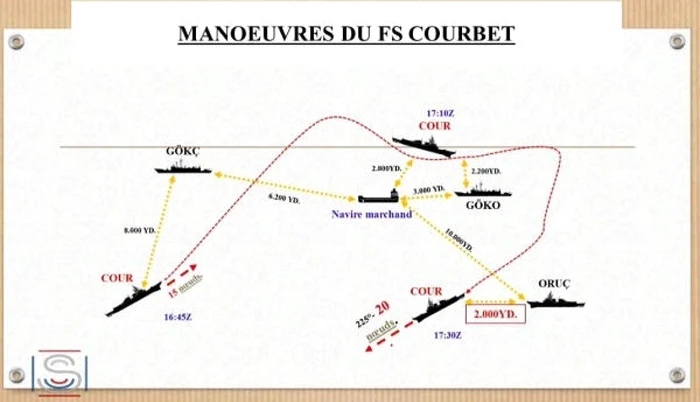
Dar supărarea este mare în continuare. Dovadă remarcile domnului ambasador:
Închipuiţi-vă NATO fără Turcia! Nu veţi mai avea NATO! Nu va mai exista NATO fără Turcia! Nu veţi mai putea juca cu Iranul, Irakul, Siria, Mediterana în sud, Caucaz, Libia, Egipt... În timpul Războiului Rece am apărat cu multe eforturi flancul Sud şi Est şi asta câteodată în detrimentul prosperităţii propriei noastre naţiuni, a propriului nostru popor.
Odată ajunşi la acest stadiu, NATO are o mare problemă imediată: vedem că este posibil ca un Stat Membru să nu aibă niciun fel de ezitare să se retragă (cu notificare de 24 de ore în avans) dintr-o operaţiune militară în curs a Alianţei, cu efect imediat de dezechilibrare a structurilor existente şi demantelare în consecinţă a planurilor de operaţiuni decise în cadrul Comitetului Militar al NATO.
Întrebarea următoare este, aşa stând lucrurile, ce mai rămâne din esenţa promisiunii de acţiune colectivă? Şi dacă povestea se petrecea în altă zonă, spre exemplu în Marea Neagră?
A doua problemă este un semnal privind capacitatea Alianţei de a elabora un sistem unitar de politici, asta însemnând o abordare comună a marilor provocări în domeniul securităţii, cele care, printr-o eventuală explozie, ar pune în primejdie pacea şi securitatea lummuii şi ar afecta dramatic şi pe cea a aliaţilor din spaţiul euro-atlantic.
Tocmai de aceea NATO este o alianţă politico-militară, arătând lumii un anume tip de unitate în decizii în perspectivă îndelungată, fiind astfel un element care poate determina chiar schimbarea de paradigme primejdioase, acţionând ca un factor de stabilizare. În acest sens, iată o a doua zonă în care aliaţii, în loc să fi ajuns la o abordare comună, îşi expun la vedere poziţiile totalmente opuse.
Cunoaşteţi poziţia lui Trump care susţine apetitul israelian de anexare a unor părţi din Cisiordania ilegal ocupată, ceea ce poate crea o explozie de mari proporţii la nivelul Orientului Apropiat. Şi este evident că lumea întreagă se uită cu mare atenţie la evoluţia situaţiei şi analizează disensiunile pe acest subiect între aliaţii europeni şi cei americani (sprijiniţi doar de poziţiile Austriei şi Ungariei). Numai că lucrurile se schimbă acum după declaraţia extrem de tăioasă a premierului britanic Boris Johnson care a avertizat într-un op-ed apărut în Yediot Aharot că intenţia Israelului de a anexa părţi din Cisiorania „va anula progresele“ înregistrate în relaţiile cu unele state arabe. „Procesul de anexare de teritorii este o violare a legislaţiei internaţionale... Sper din tot sufletul ca acest proces să nu continue. Dar, dacă da, Marea Britanie nu va recunoaşte niciun fel de schimbări la frontierele din 1967, cu excepţia celor agreate de ambele părţi“. Adică exact poziţia exprimată de Josep Borrell, şeful diplomaţiei europene în numele UE (inclusiv al României), evident cu excepţia celor două ţări amintite. Şi toată lumea este în aceeaşi alianţă politico-militară pusă într-o poziţie imposibilă şi, totuşi, obligată foarte rapid să se exprime în clar. Reflexul de politician experimentat al premierului britanic spune extrem de multe...
În fine, al treilea joc contradictoriu cu valoare potenţială de conflict strategic este cel demarat de SUA împotriva restului lumii prin decizia de achiziţionare a întregului stoc existent pe plan global de Remdesivir, medicamentul care accelerează refacerea bolnavilor cu Covid-19. Pentru cel puţin trei luni de acum înainte, nici o ţară din lume nu va mai găsi de cumpărat medicamentul respectiv (americanii au cumpărat totalitatea producţiei din luna iulie şi 90% din cea pentru lunile august şi septembrie). Decizie în spiritul politicilor Trump şi indiscutabilă deoarece, pe fond, vizează situaţia din ţara în care managementul dezastruos de până acum al pandemiei a dus la rezultate tragice, continuate să se expandeze acum într-un ritm ce pare de nestăpânit. Deci unde ar fi problema?
Iarăşi suntem martorii unui conflict la nivelul unei alianţei care-şi propusese să apere - printr-o acţiune comună - popoarele din statele membre de orice atac din exterior, să le protejeze în comun printr-o acţiune comună. Asta au încercat europenii să transmită, asta au spus organismele internaţionale că ar fi calea logică de ieşire din criză.
Problema politică foarte gravă este că, cel puţin în principiul jocului, NATO ar fi trebuit să ofere un răspuns colectiv în faţa ameninţării reprezentate de pandemie şi găsirea unui vaccin şi a unui tratament prin efort comun să fi fost prioritatea absolută, alta decât demagogică. Este oare? Şi de data asta, aliaţii sunt lăsaţi dramatic în afara jocului, cu ochii în soare, în plin război deschis împotriva „inamicului invizibil“.
Era posibil de făcut ceva la nivel de cooperare şi, astfel, NATO să fi deveni sursă de securitate imediată recunoscută ca atare, cu recunoştinţă, de popoarele din ţările aliate? Poate, dacă, împreună cu aliatul american, ar fi propus statelor membre un acces prioritar, de tip reacţie de urgenţă în caz de maximă necesitate, cumpărând necesurul pentru ţările noastre, cu SUA erou pe cal alb şi arătând ce înseamnă preocuparea pentru binele comun?
Evident că nu se poate şi nici nu se va putea. În rest, doar vorbe pentru conversaţii despre nimic. Cam pe aici suntem, lăsaţi fiecare singuri, pradă unui egoism teribil şi super-protecţionismului militant? Nu cred că va fi aşa, sper ca răspunsul care va prima în final să fie cel opus, cel propus peste trei săptămâni de europeni pentru toţi europenii cu planul de ieşire din criză, plan comun pentru un destin comun.
P.S. Dată fiind marea relevanţă a problemei, iată şi comunicatul celor de la Gilead Sciences.
Open Letter from Daniel O'Day, Chairman & CEO, Gilead Sciences
In the weeks since we learned of remdesivir’s potential against COVID-19, one topic has attracted more speculation than any other: what price we might set for the medicine. This degree of speculation is understandable. Remdesivir, our investigational treatment, is the first antiviral to have demonstrated patient improvement in clinical trials for COVID-19 and there is no playbook for how to price a new medicine in a pandemic. We are aware of the significant responsibility that comes with pricing remdesivir, and the need to be transparent on our decision. After giving this the considerable care, time and amount of discussion that it merits, we are now ready to share our decision and explain how we reached it.
As with all our actions on remdesivir, we approached this with the aim of helping as many patients as possible, as quickly as possible and in the most responsible way. This has been our compass point throughout, from collaborating to find rapid answers on safety and efficacy, to scaling up manufacturing and donating our supply of remdesivir through the end of June. In each case, we recognized the need to do things differently to reflect the exceptional circumstances of the pandemic. Now, as we transition beyond the donation period and set a price for remdesivir, the same principle applies.
In normal circumstances, we would price a medicine according to the value it provides. The first results from the NIAID study in hospitalized patients with COVID-19 showed that remdesivir shortened time to recovery by an average of four days. Taking the example of the United States, earlier hospital discharge would result in hospital savings of approximately $12,000 per patient. Even just considering these immediate savings to the healthcare system alone, we can see the potential value that remdesivir provides. This is before we factor in the direct benefit to those patients who may have a shorter stay in the hospital.
We have decided to price remdesivir well below this value. To ensure broad and equitable access at a time of urgent global need, we have set a price for governments of developed countries of $390 per vial. Based on current treatment patterns, the vast majority of patients are expected to receive a 5-day treatment course using 6 vials of remdesivir, which equates to $2,340 per patient.
Part of the intent behind our decision was to remove the need for country by country negotiations on price. We discounted the price to a level that is affordable for developed countries with the lowest purchasing power. This price will be offered to all governments in developed countries around the world where remdesivir is approved or authorized for use. At the current price of $390 per vial, remdesivir is positioned to achieve the aim of providing immediate net savings for healthcare systems.
In the U.S., the same government price of $390 per vial will apply. Because of the way the U.S. system is set up and the discounts that government healthcare programs expect, the price for U.S. private insurance companies, will be $520 per vial. At the level we have priced remdesivir and with government programs in place, along with additional Gilead assistance as needed, we believe all patients will have access.
Gilead has entered into an agreement with the U.S. Department of Health and Human Services (HHS) whereby HHS and states will continue to manage allocation to hospitals until the end of September. After this period, once supplies are less constrained, HHS will no longer manage allocation.
In the developing world, where healthcare resources, infrastructure and economics are so different, we have entered into agreements with generic manufacturers to deliver treatment at a substantially lower cost. These alternative solutions are designed to ensure that all countries in the world can provide access to treatment.
Our work on remdesivir is far from done. We continue to explore its potential to help in this pandemic in various ways, such as evaluating treatment earlier in the course of the disease, in outpatient settings, with an inhaled formulation, in additional patient groups and in combination with other therapies. As we accumulate more data from global clinical trials and initiate many additional studies, we will understand more about the full value of remdesivir over time. Our teams also remain focused on increasing supplies to meet the high global demand. By the end of this year, we expect our investment on the development and manufacture of remdesivir to exceed $1 billion (U.S.) and our commitment will continue through 2021 and beyond.
In making our decision on how to price remdesivir, we considered the full scope of our responsibilities. We started with our immediate responsibility to ensure price is in no way a hindrance to ensuring rapid and broad treatment. We also balanced that with our longer-term responsibilities: to continue with our ongoing work on remdesivir, to maintain our long-term research in antivirals and to invest in scientific innovation that might help generations to come. As with many other aspects of this pandemic, we are in unchartered territory in pricing remdesivir. Ultimately, we were guided by the need to do things differently. As the world continues to reel from the human, social and economic impact of this pandemic, we believe that pricing remdesivir well below value is the right and responsible thing to do.
About Remdesivir
Remdesivir is an antiviral product that is being studied in multiple ongoing international clinical trials. In recognition of the current public health emergency and based on available clinical data, the approval status of remdesivir varies by country. In countries where remdesivir has not been approved by the regional health authority, remdesivir is an investigational drug, and the safety and efficacy of remdesivir have not been established.
Remdesivir has not been approved by the U.S. Food and Drug Administration (FDA) for any use. In the U.S., the FDA granted remdesivir an Emergency Use Authorization (EUA) for the treatment of hospitalized patients with severe COVID-19. This authorization is temporary and may be revoked, and does not take the place of the formal new drug application submission, review and approval process. For information about the authorized use of remdesivir and mandatory requirements of the EUA in the U.S., please review the Fact Sheets and FDA Letter of Authorization available at www.gilead.com/remdesivir.
About Gilead Sciences
Gilead Sciences, Inc. is a research-based biopharmaceutical company that discovers, develops and commercializes innovative medicines in areas of unmet medical need. The company strives to transform and simplify care for people with life-threatening illnesses around the world. Gilead has operations in more than 35 countries worldwide, with headquarters in Foster City, California.
Forward-Looking Statement
This statement includes forward-looking statements, within the meaning of the Private Securities Litigation Reform Act of 1995 that are subject to risks, uncertainties and other factors. Remdesivir is an investigational agent that has not been approved by the FDA for any use, and it has not been demonstrated to be safe or effective for the treatment of COVID-19. There is the possibility of unfavorable results from ongoing and additional clinical trials involving remdesivir and the possibility that Gilead and other parties may be unable to complete one or more of such trials in the currently anticipated timelines or at all. Further, it is possible that Gilead may make a strategic decision to discontinue development of remdesivir or that FDA and other regulatory agencies may not approve remdesivir, and any marketing approvals, if granted, may have significant limitations on its use. As a result, remdesivir may never be successfully commercialized. In addition, Gilead may face challenges related to the allocation and geographical distribution of existing and future supply of remdesivir. If Gilead is unable to sufficiently scale up production of remdesivir in the currently anticipated timelines, Gilead may be unable to meet future supply needs. All statements other than statements of historical fact are statements that could be deemed forward-looking statements. These risks, uncertainties and other factors could cause actual results to differ materially from those referred to in the forward-looking statements. The reader is cautioned not to rely on these forward-looking statements. These and other risks are described in detail in Gilead’s Quarterly Report on Form 10-Q for the quarter ended March 31, 2020 as filed with the U.S. Securities and Exchange Commission. All forward-looking statements are based on information currently available to Gilead, and Gilead assumes no obligation to update any such forward-looking statements. (sursa:Busisesswire)






